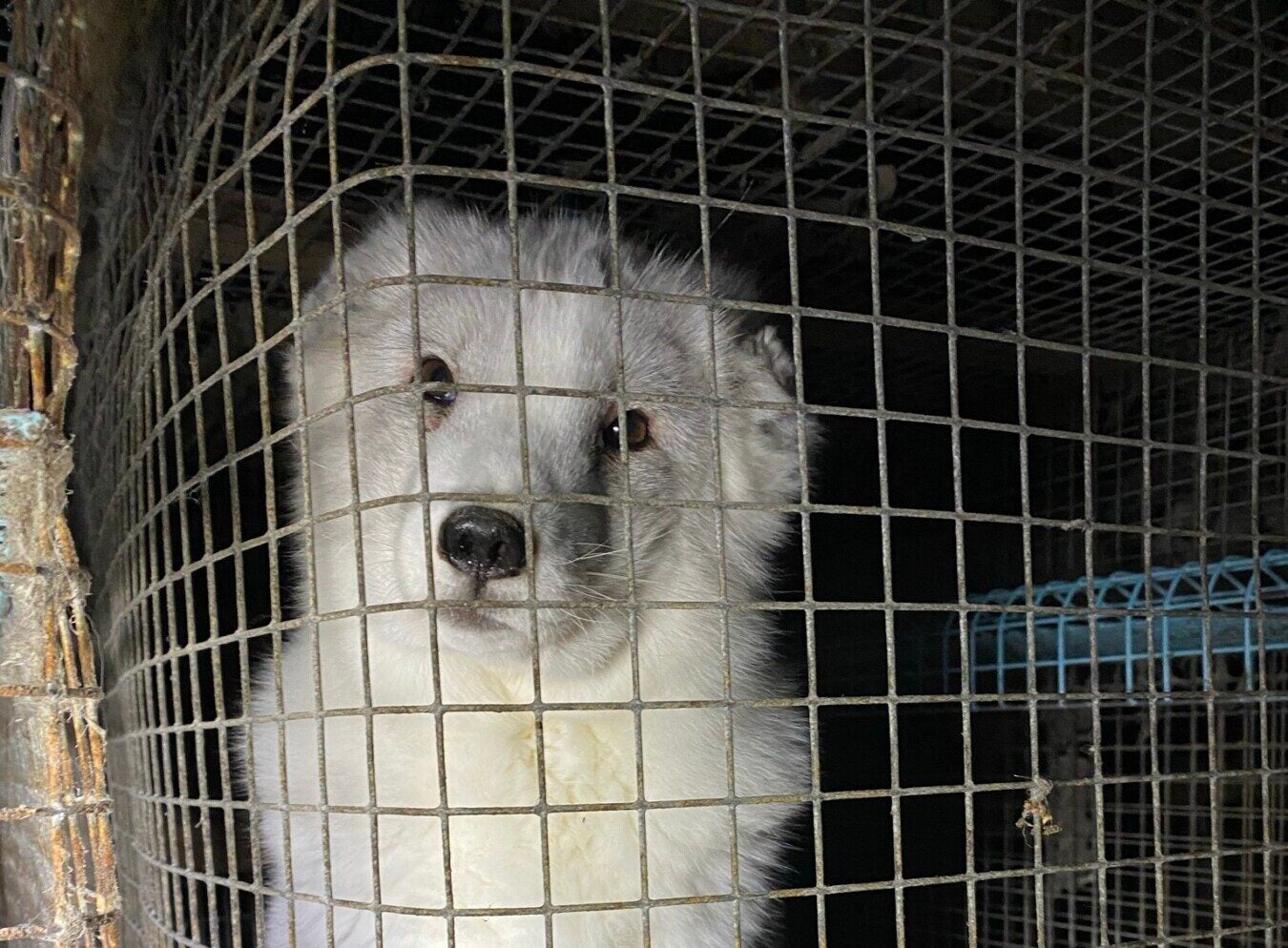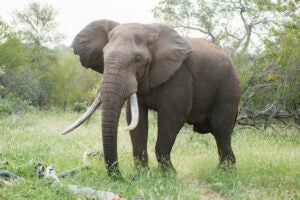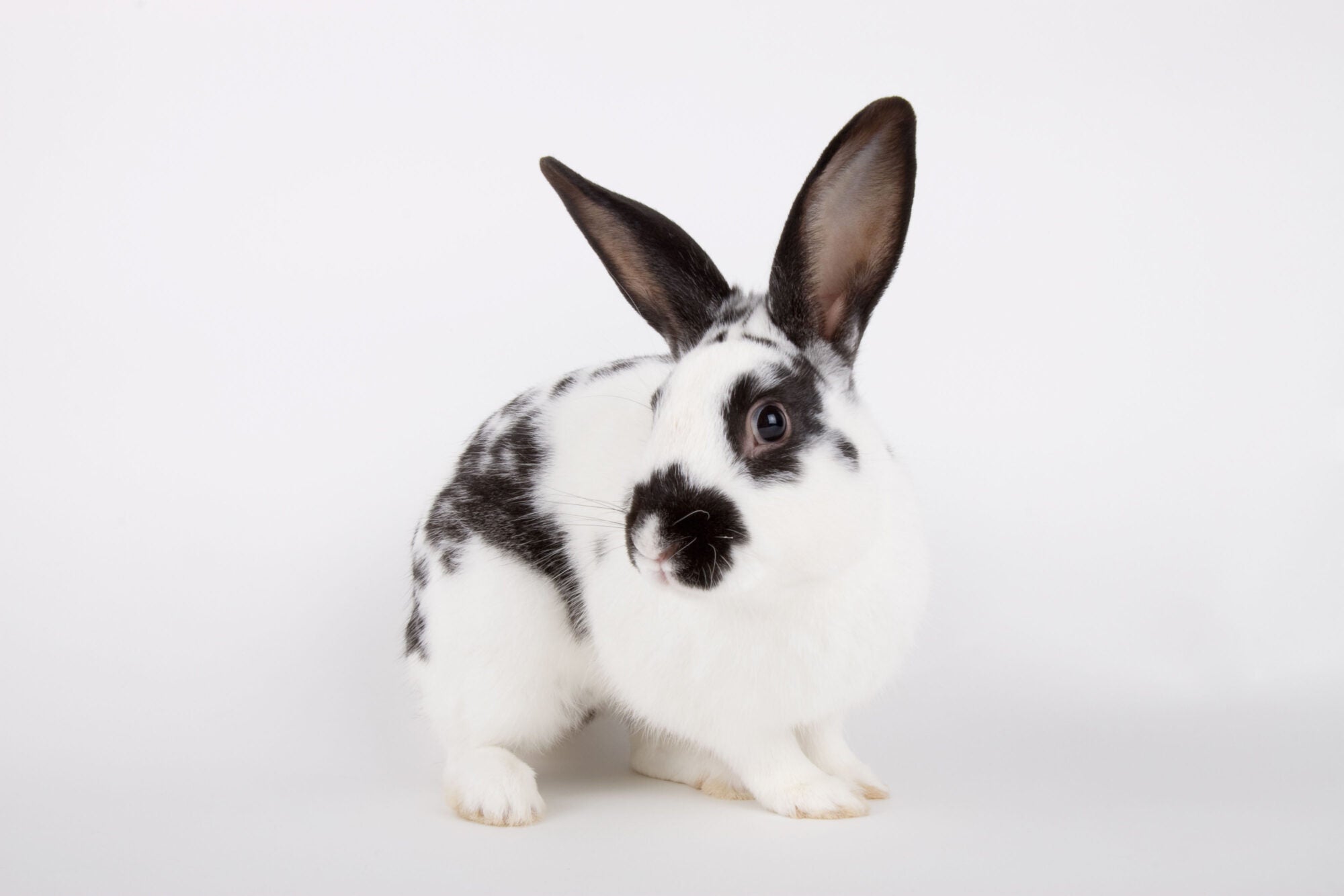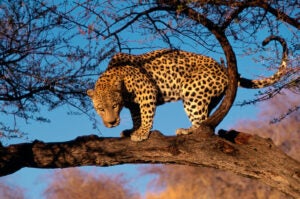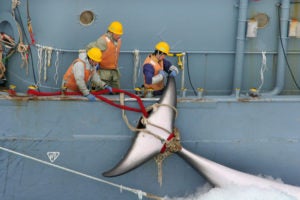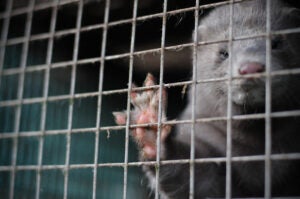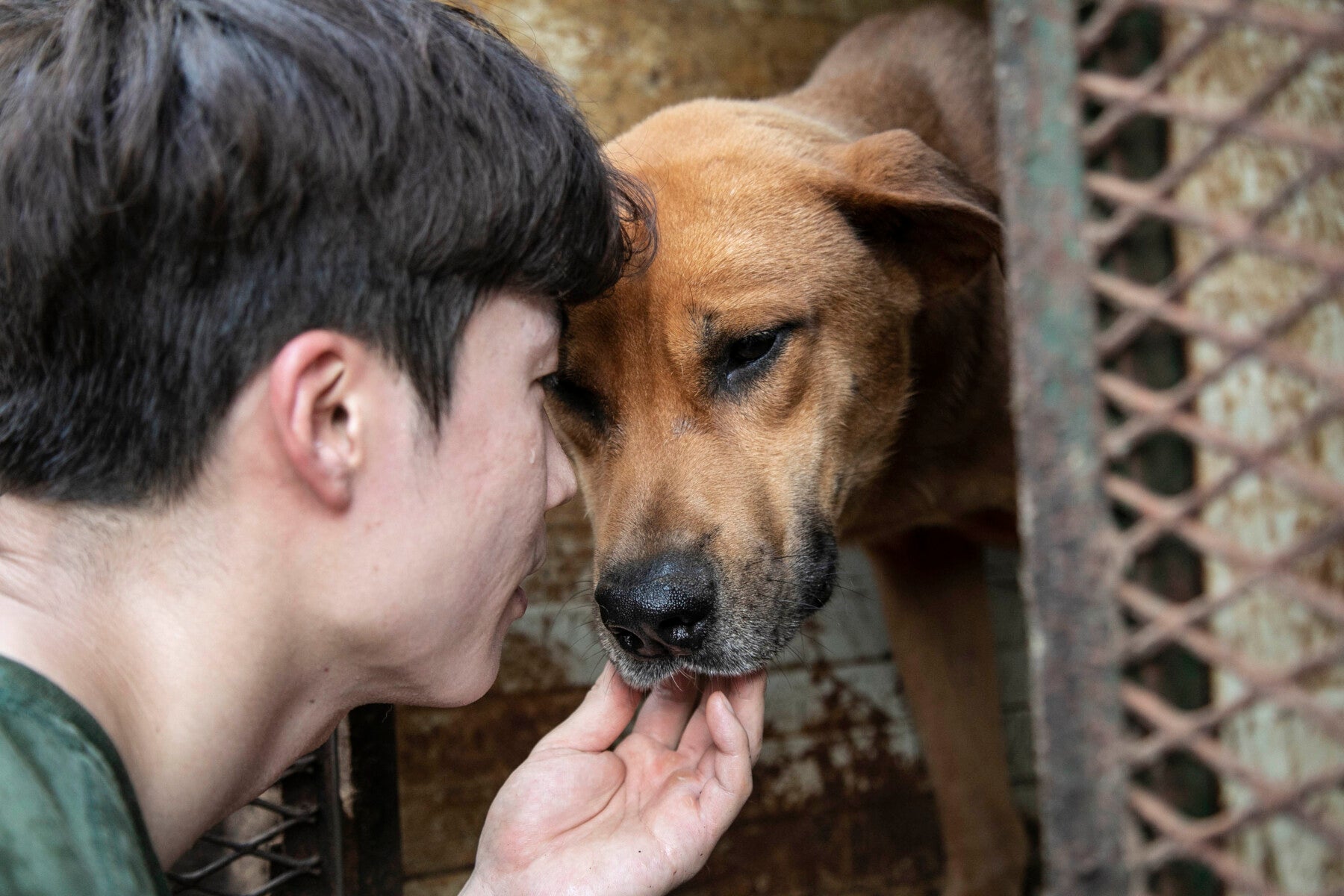
SEOUL―South Korean Democratic Party Assembly Member Jeoung-ae Han has today introduced a legislative bill that seeks to eliminate the dog meat industry by outlawing the breeding and slaughter of dogs for human consumption, including prohibiting dog meat farms, dog slaughterhouses and the sale of dog meat throughout South Korea, and supporting dog farmers to transition to alternative businesses. The bill, called a Special Act, comes after HSI/Korea has been working behind the scenes with Korean lawmakers on a legislative ban. Since 2015 HSI/Korea Models for Change program has worked with dog farmers to permanently close down 18 farms, rescue more than 2,700 dogs, and help farmers transition to alternative livelihoods such as water delivery or chilli plant cultivation.
The Special Act―supported by 11 bipartisan sponsors―comes at a time of increasing public and political support for ending the dog meat industry in South Korea. First lady Kim Keon-hee has openly called for a ban, and latest opinion surveys by Nielsen Korea commissioned by HSI/Korea show that 87.5% of the population don’t eat dog meat or won’t in the future, and 56% support a legislative ban. In December 2021, the government formed a task force to bring forward recommendations on the issue, but after repeated delays, Assembly member Han and HSI/Korea have come together to advance this Special Act to accelerate a phase out.
Han says: “According to the Food Sanitation Act, dog meat is not considered food therefore this cruel industry already operates contrary to the law. It is therefore imperative that this Special Act is made law to end the farming, slaughtering, processing and sale of dogs for consumption. Dog meat not only causes unnecessary animal suffering, it also threatens public health due to the unhygienic conditions. We urgently need this Special Act to end dog meat industry and provide transition support for farmers.”
An estimated one million dogs are still intensively bred on thousands of farms across the country, typically in extremely low-welfare conditions. The dogs are kept in small, barren, wire cages without proper food, water, stimulation, comfort, shelter or veterinary care. Painful skin and eye infections are common, as are diseases and untreated injuries and wounds from fighting due to boredom, frustration and limited resources, such as food. While most dogs are born on the farms, abandoned pets are commonly found still wearing their collars when taken to slaughter, or rejects from the pet breeding industry. Death is typically by electrocution.
Borami Seo, director of government affairs at HSI/Korea who works closely with lawmakers to achieve legislation, says: “This is an historic day for animal welfare in South Korea which hopefully marks the beginning of the end for the dog meat industry in our country. It’s clear that there is significant societal and political momentum to end South Korea’s dog meat era once and for all. This Special Act aims to establish the state plan to end the dog meat industry and offer farmers business transition opportunities that will also see an end to the abuse and suffering of hundreds of thousands of dogs each year for a meat that most people in Korea do not wish to eat. Dog meat consumption may have been a part of Korea’s past, but it has no place in our future. HSI/Korea’s Models for Change program provides a working blueprint for how we can phase out this industry in co-operation instead of conflict with farmers. It’s now time for our legislators to pass this Special Act so that together we can consign this dying industry to the history books.”
Article 6 of the Special Act provides for the establishment of a plan to close dog meat farms and associated businesses and support their transition. Pursuant to this clause, the Ministry of Agriculture, Food and Rural Affairs shall include in the plan how protection will be provided for dogs from those farms that elect to close within five years of the Act becoming law. Article 8 provides the legal grounds to set up a committee to end the dog meat industry under the government, comprising up to 25 representatives from relevant ministries and other stakeholders.
If the bill passes, financial support will be provided to close or transition legally registered dog farms, and mirroring HSI/Korea’s Models for Change program, participating farmers will be provided with subsidies to support their transition, as well as career change training or guidance.
The full ban on the breeding and slaughter of dogs for human consumption would come into effect five years after the law is passed.
Media downloads: video and photos of HSI/Korea’s most recent dog farm closure and rescue in March 2023
ENDS
Media contacts:
- South Korea – Borami Seo: bseo@hsi.org
- U.K. – Wendy Higgins: whiggins@hsi.org

